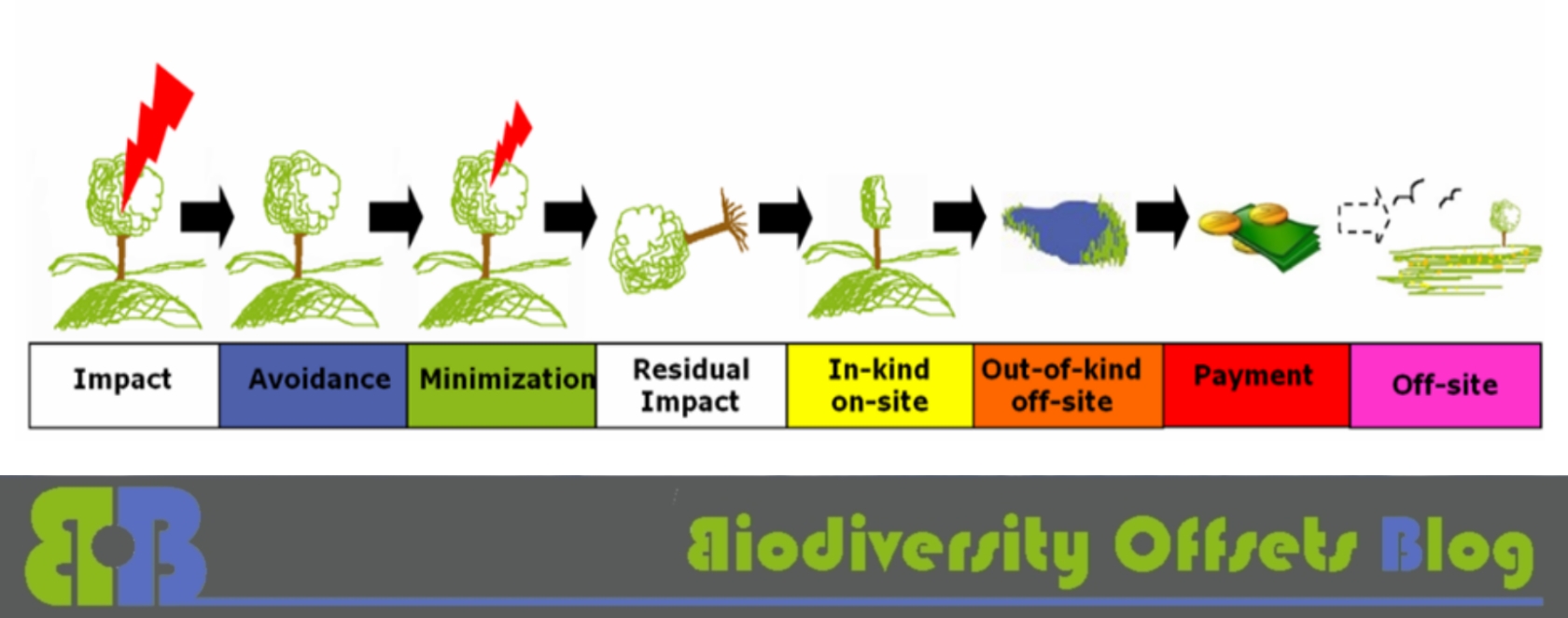A broad consensus exists among scientists, politicians, businesses and civil society that biodiversity loss is one of the biggest challenges that we are facing. Therefore, actions need to be taken to halt this global loss urgently and immediately. In this regard the use of new and innovative instruments and strategies to achieve “no net loss” of biodiversity and ecosystem services needs to be examined. In particular, this refers to the concept of biodiversity offsets. Biodiversity offsets seek to compensate for the unavoidable, residual impacts to biodiversity in order to ensure overall “no net loss”.
The definitions and scope of biodiversity offsets are subject to discussion both in academia and in the public debate. This includes the following questions:
- What are biodiversity offsets?
- What (quality) criteria characterize biodiversity offsets?
- Which are the crucial and potential weak points for the implementation of biodiversity offsets?
- How do critics argue on these weak points and what are the risks of biodiversity offsets?
- What are the opportunities of biodiversity offsets?
I think the discussion on biodiversity offsets can’t be closed at some point — at least not yet. We need to deal carefully and further refine both the definition and the concept of biodiversity offsets, to make it widely more understandable under different contexts worldwide. You can find a list of all related posts below. If you want to add your point of you, please see here how to do that.
If you’ve been around social media in recent weeks and interested in nature conservation, you probably have come across the Conservation Optimism Summit (held in London, 20–22 April 2017). There has been a lot of excitement and positivism. This, however … Continue reading →
What’s it about in short: Kerry ten Kate speaks on When was it released: June 21, 2016 By whom: Kerry ten Kate gives a vibrant talk on net positive impact on biodiversity and biodiversity offsets as part of the mitigation hierarchy … Continue reading →
What’s it about in short: New paper joining biodiversity offsets and natural capital When was it released: July 8, 2016 By whom: Joël Houdet, Fabien Quétier, Helen Ding More info: http://naturalcapitalcoalition.org/net-impact-accounting-for-renewable-natural-capital-possible-pathways-for-corporate-level-disclosure/ … Continue reading →
What’s it about in short: Steve Edwards of IUCN’s Business and Biodiversity Programme explains how government and business are looking at ways to compensate for the impacts of development on biodiversity. When was it released: January 15, 2015 By whom: IUCN More … Continue reading →
What’s it about in short: seminar and talk by Prof EJ Milner-Gulland on biodiversity offsetting at Swansea University (UK), April 23, 2015 When was it released: April 22, 2015 By whom: Luca Borger More info: http://swantalks.blogspot.co.uk/2015/04/biosciences-seminar-speaker-23-april.html … Continue reading →
Flora and Fauna International have prepared a short (less than 5 min) animation explaining the impact of human consumption on nature as well as the basic principles and functioning of biodiversity offsets. The video is simply and nicely illustrated. To … Continue reading →
For the past three months the European Commission has held a public consultation as part of the ‘fitness check’ for EU nature legislation (Birds Directive, Habitats Directive — BHD). the BHD and related Natura 2000 network are a unique tool … Continue reading →
Many thanks to all, who have responded to the current poll so far (77)! As with the last poll, I would like to close it once 100 participants have been reached. So, please, if you have not yet taken the … Continue reading →
This is a guest post by Megan Evans, a PhD researcher based at the Fenner School of Environment and Society, at the Australian National University in Canberra, Australia. This comment has previously been published on Megan’s Blog. It is the expression of the … Continue reading →
This is a guest post by Carlos Ferreira, Research Assistant in the Center for Business in Society at Coventry University. He can be reached at carlos.ferreira@coventry.ac.uk. It is the expression of the author’s thoughts and experiences and as such is … Continue reading →
